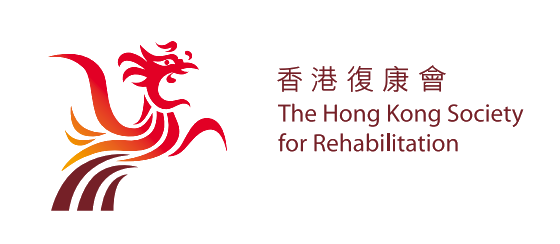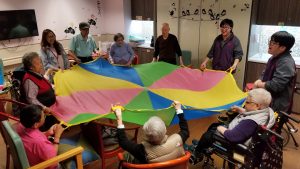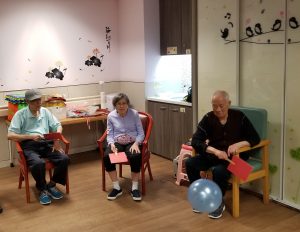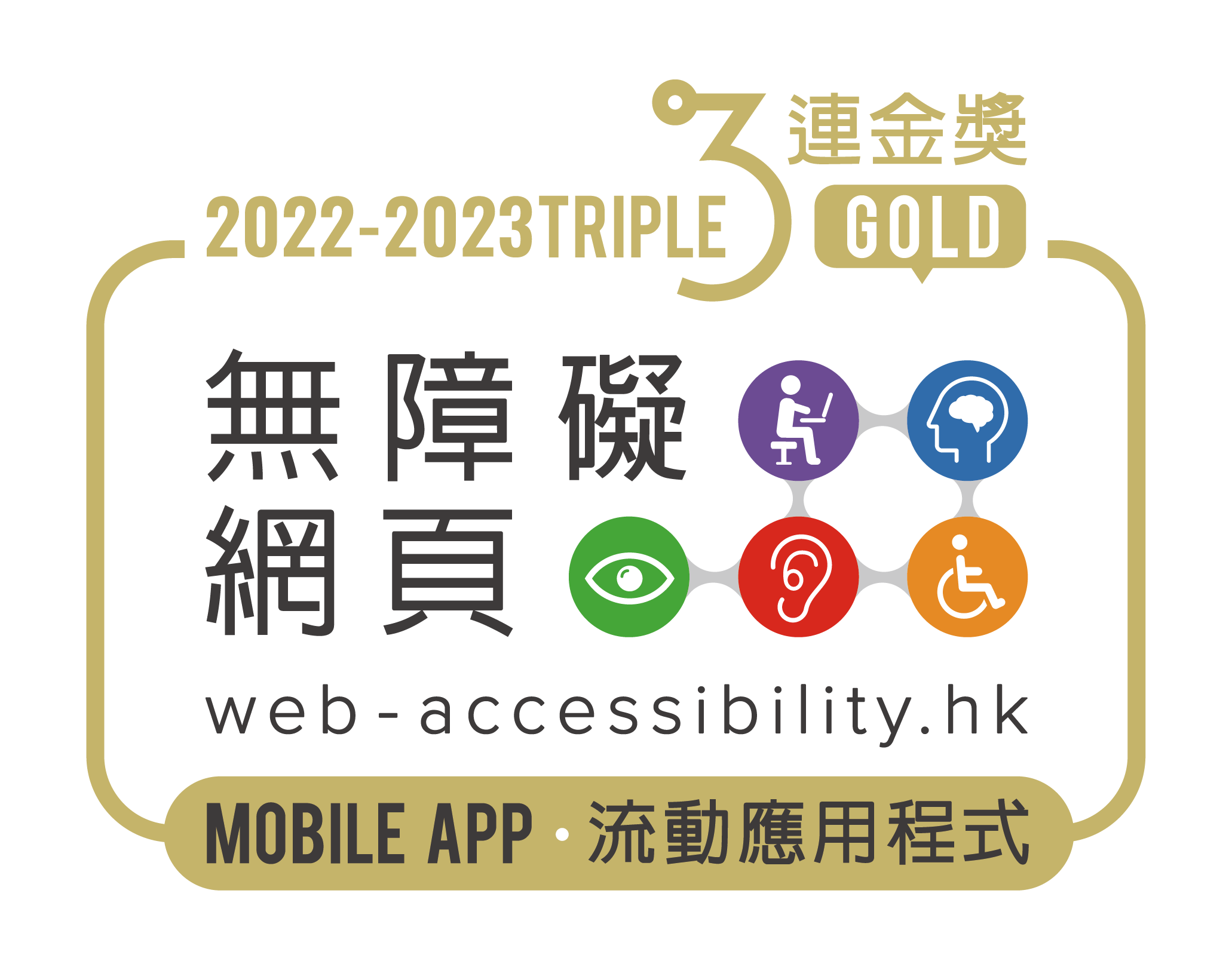Play Intervention for Dementia (PID) cultivates leadership
Play intervention Programme, a non-drug treatment for dementia popular in North America and Asia in recent years, was introduced in the Tsang Shiu Tim Home for the Elderly (TST Home) in January 2019. The main purpose of the PID programme is to encourage seniors to have fun, express themselves better, interact with each other, and enhance their cognitive and self-care capacity. Interactive games and toys are used to retrain the cognition and senses of residents with dementia. In the past ten months, over 400 residents have participated in this programme.
There are no rules for Play Intervention. Residents of different levels of dementia are encouraged to improvise, create or modify their own rules for non-competitive games in teams. Each resident will have an opportunity to lead the game, which makes them feel cared and concerned, showing that everyone is equal. This helps build their self-identity, self-worth and self-autonomy.
This non-drug treatment not only brings about joy and a cozy ambience, but also a stronger bond between residents and the Home. Residents in different conditions can enjoy the games freely by expressing their feelings, communicating with one another and even leading the game. It has prevailed over traditional treatment and demonstrated excellent outcomes, which include the deceleration of neurodegenerative diseases and the improvement of mental health. Since Play Intervention creates a cozy environment, it is discovered that residents are more willing to open up to social workers, who can give counselling sessions and tackle any problems regarding mental health of the residents.
Given its belief that rehabilitation should be fun and participatory in nature, the TST Home introduced a “Smart Table” during the year for training and recreational activities for the residents. “Smart Table” allows three to four players each time, who can relax and enjoy interactive games, as well as building new friendship using the multi-intelligent Smart Table platform. “Smart Table” serves as an encouragement for the residents who participate, and in return, receive holistic rehabilitation care in a joyful environment.














